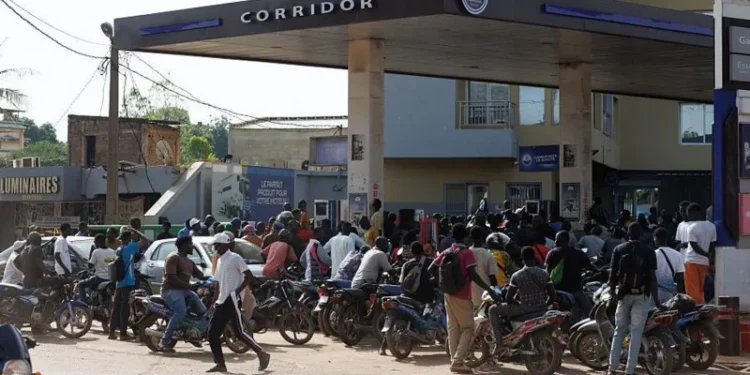Mali’s government has been forced to shut down schools and universities nationwide due to a severe fuel shortage caused by a blockade imposed by Islamist insurgents linked to al-Qaeda.
The blockade, which began in early September, has crippled the country’s fuel imports, leading to widespread shortages and disruptions in daily life.
Education Minister Amadou Sy Savane announced on state television that all educational institutions would remain closed until November 9, citing the impact of the fuel scarcity on staff and student mobility.
The crisis has led to long queues at petrol stations, particularly in the capital city of Bamako, where residents are struggling to access fuel. The city’s streets have fallen quiet, and businesses are feeling the pinch.
The military government, led by General Assimi Goïta, who seized power in a coup in 2021, has faced criticism for its handling of the crisis.
Despite assurances that the situation would be temporary, the fuel shortage persists, and the government has been forced to take drastic measures to mitigate the impact.
The jihadist blockade has not only affected fuel supplies but also had a significant impact on the country’s economy and daily life.
Mali, a landlocked country, relies heavily on fuel imports from neighboring countries, including Senegal and Ivory Coast. The blockade has led to a surge in prices, making it difficult for people to access basic necessities.
The US Embassy in Bamako has advised non-essential diplomatic staff and their families to leave the country due to the worsening fuel shortage and growing security concerns.
The crisis highlights the challenges faced by Mali’s military government in addressing the country’s security and economic woes.
The government has hired Russian mercenaries to tackle the insurgency, but the situation remains volatile. As the country struggles to find a solution to the fuel crisis, the people of Mali are bearing the brunt of the shortages and disruptions.









